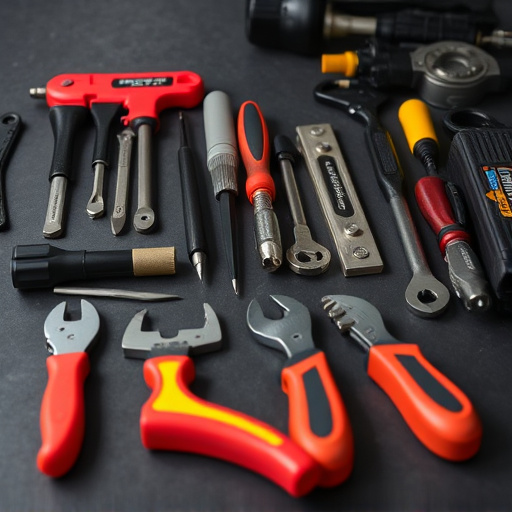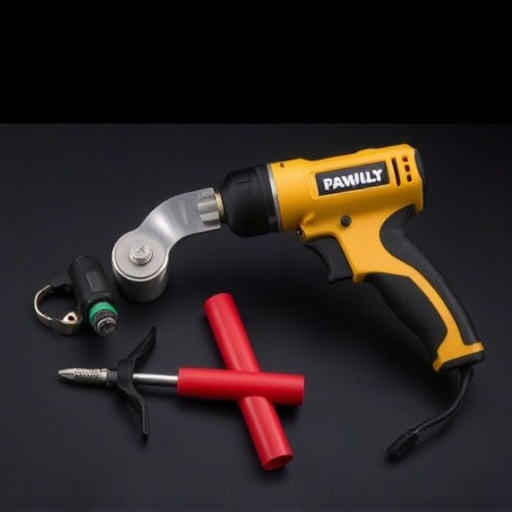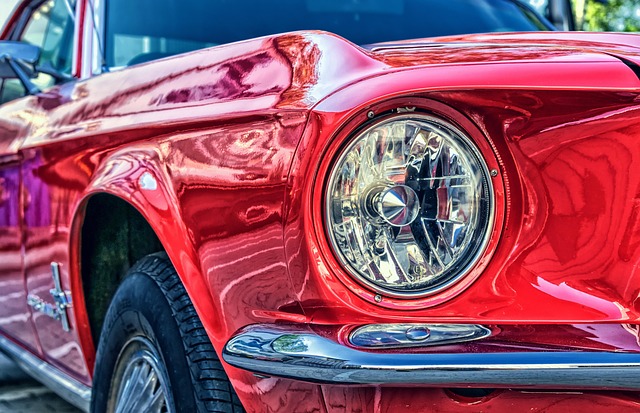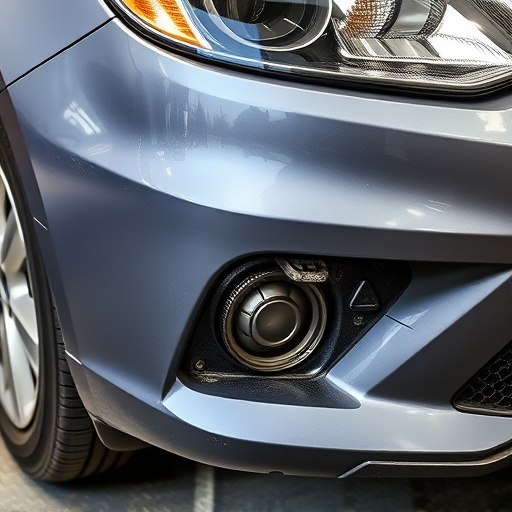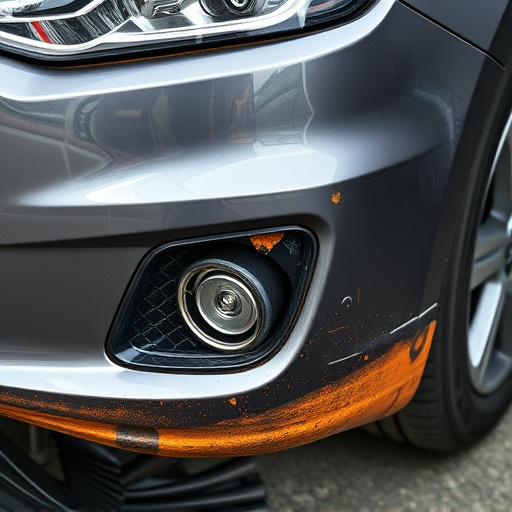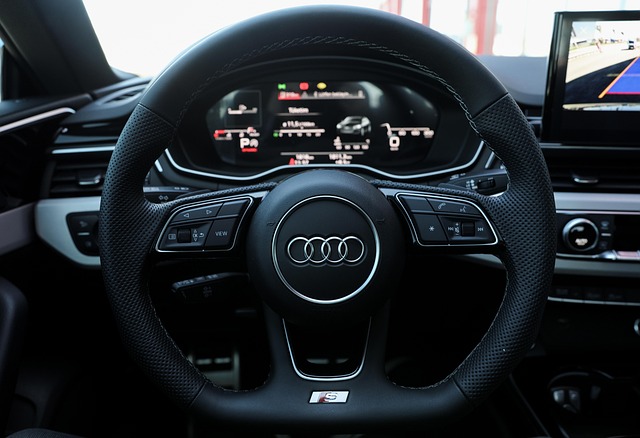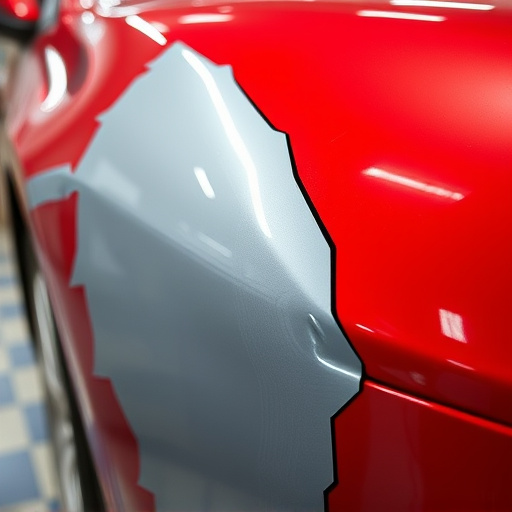Mercedes climate control repair in electric and hybrid vehicles requires specialized expertise due to their advanced electrical and software systems. Common issues include faulty sensors, damaged components, and misaligned evaporators, often stemming from electrical failures or structural damage. Professional repair involves meticulous diagnosis, part replacement, recalibration, and sealing. Using genuine Mercedes-Benz parts and regular maintenance extend system lifespan. Early identification of potential problems through scheduled service prevents costly repairs.
Discover the ins and outs of Mercedes climate control repair specifically tailored to electric and hybrid models. This comprehensive guide delves into the intricate workings of these advanced systems, exploring common issues that can leave your vehicle’s interior less than ideal. Learn about root causes, from faulty sensors to power supply problems, and gain insider tips for achieving optimal repair results. Understanding these systems is key to keeping your Mercedes running smoothly in any season.
- Understanding Mercedes Climate Control Systems in Electric and Hybrid Vehicles
- Common Issues and Causes of Mercedes Climate Control Malfunctions
- Repair Process and Tips for Optimal Results
Understanding Mercedes Climate Control Systems in Electric and Hybrid Vehicles

Mercedes climate control systems in electric and hybrid vehicles differ significantly from those found in traditional gasoline-powered cars. These advanced models rely on intricate electrical components and sophisticated software to regulate temperature, ensuring passenger comfort while maximizing energy efficiency. Understanding this system’s inner workings is crucial when addressing Mercedes climate control repair for these specific vehicle types.
Electric and hybrid vehicles often feature regenerative cooling systems that work in conjunction with the main power battery. This integration necessitates a delicate balance between climate control functionality and overall vehicle performance. When issues arise, whether it’s a malfunctioning temperature sensor or a faulty heating element, it requires specialized knowledge and tools to accurately diagnose and fix the problem without disrupting the vehicle’s intricate electrical network. Proper repair techniques involve meticulous attention to detail, often involving advanced diagnostic equipment, to restore the car’s comfort features while preserving its unique hybrid or electric capabilities, similar to how a skilled auto body restoration specialist would meticulously repair a collision-damaged vehicle.
Common Issues and Causes of Mercedes Climate Control Malfunctions

Mercedes climate control malfunctions can stem from a variety of issues within the complex system designed to maintain ideal cabin temperatures. Common problems include erratic temperature settings, inadequate cooling or heating, and unusual noises coming from the vents. These glitches often result from faulty sensors, damaged components like blowers or condensers, or misaligned evaporators that affect refrigerant flow.
Underlying causes frequently involve electrical failures due to worn-out wiring or connectors, as well as structural damage impacting the system’s delicate balance. Over time, components can degrade, requiring professional Mercedes climate control repair. Services such as frame straightening and auto body repair, coupled with expert car paint services for any cosmetic repairs, ensure your vehicle’s climate control system functions optimally and seamlessly.
Repair Process and Tips for Optimal Results

Repairing a Mercedes climate control system for electric or hybrid models involves a meticulous process to ensure optimal performance and comfort. It’s akin to a car restoration, requiring specialized knowledge and tools. The initial step is to diagnose the issue accurately; this could range from faulty sensors to a malfunctioning compressor. Once identified, the repair process entails replacing defective parts, recalibrating systems, and ensuring proper sealing to prevent leaks. For instance, if it’s an auto glass repair, the focus should be on securing the new component tightly to maintain optimal climate control.
To achieve the best results, it is crucial to follow precise procedures and use genuine Mercedes-Benz replacement parts. Regular maintenance, including cleaning air filters and checking for moisture buildup, can significantly extend the life of your climate control system. Moreover, keeping up with regular service intervals recommended by Mercedes Benz repair experts will help identify potential issues early on, preventing more complex and costly repairs down the line.
Mercedes climate control repair for electric and hybrid models involves understanding their unique systems, identifying common issues, and following a meticulous repair process. By addressing malfunctions effectively, owners can ensure optimal comfort and efficiency, enhancing the overall driving experience of these innovative vehicles. For accurate diagnosis and successful repairs, regular maintenance and prompt attention to problems are key.

